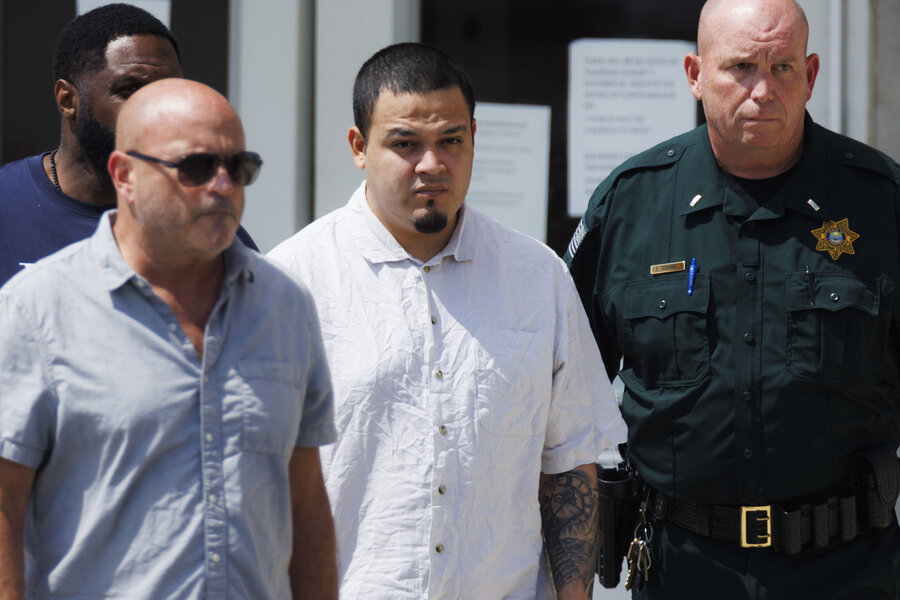Less than 24 hours after being released, Salvadoran national Kilmar Ábrego García now faces possible deportation to Uganda, according to his attorneys, following his refusal to accept a plea bargain in an ongoing US criminal case. His lawyers accuse the US Department of Justice (DOJ), Department of Homeland Security (DHS), and Immigration and Customs Enforcement (ICE) of attempting to “coerce” him into pleading guilty to human smuggling charges by threatening deportation to a country with which he has no ties.
Ábrego García had earlier rejected a plea deal that required him to admit guilt in exchange for deportation to Costa Rica. Documents submitted to court show that Costa Rica had agreed to accept him as a refugee and grant him legal status once he completed any sentence served in the United States. However, his legal team argues that the new plan to deport him to Uganda amounts to an abuse of power, placing his safety and liberty at risk.
Originally deported to El Salvador in March due to what US officials later admitted was an “administrative error,” Ábrego García was briefly held in the notorious Cecot prison before being returned to the United States in June under a court order. He was then transferred to Tennessee to face smuggling charges, to which he pleaded not guilty. A federal judge later ruled that he was eligible for release, but his lawyers warned he could be targeted for swift deportation once out of custody a concern now becoming reality.
Court filings allege that US officials have given Ábrego García until Monday morning to accept the plea deal tied to deportation to Costa Rica, warning that the offer will otherwise be “off the table forever.” If a Baltimore immigration judge approves the government’s request during his scheduled court appearance, he could be deported within days.
The US has previously reached bilateral deportation agreements with Honduras and Uganda as part of a broader crackdown on illegal immigration. However, Uganda’s foreign ministry clarified that the arrangement is temporary and conditional, emphasizing that individuals with criminal records or unaccompanied minors would not be accepted, and preference would be given to African nationals.
The unusual case has highlighted the complexities of US immigration enforcement, deportation agreements, and the political battle over human smuggling. With over a decade of immigration crackdowns under both Republican and Democratic administrations, Ábrego García’s case underscores the far-reaching consequences for migrants caught in the system.
Now living in Maryland with his family while awaiting his next court date, Ábrego García’s fate remains uncertain. His attorneys maintain that the US government is pressuring him to choose between pleading guilty for a chance at relative safety in Costa Rica, or facing deportation “halfway across the world” to Uganda, where he has no family, connections, or assurances of safety.














Leave a comment